Curriculum Intent
Focussing on contemporary society, students will foster a development of critical thinking whilst respecting social diversity. Students will acquire knowledge and a critical understanding of contemporary social processes and social changes. The key concepts of social order, social control, social change, conflict and consensus, social structure and social action, the role of values and the relationship between sociology and contemporary social policy will be explored throughout the curriculum. Students will be able to distinguish between facts, opinions and value judgements in order to evaluate theories. Students will identify and evaluate significant social trends shown in evidence in order to sustain arguments and draw conclusions.
The Sociology Curriculum will build disciplinary knowledge focusing on four key aspects of society: Education, Crime, Families and the Media. Students will develop a sound understanding of these vital areas to intentionally provide sound building blocks of contextual knowledge in order to live successfully in the modern world. Through their studies of education in Unit 1, they will explore the role and functions of the education system including its relationship to the economy and to class structure. In Unit 2, students will explore the changing patterns with the family and the relationship between the family and society. Additionally, Unit 2 will develop an understanding of the media and the significance of the media in contemporary society. Finally, Unit 3 will delve into crime, deviance, social order and social control and will analyse patterns and trends in crime.
Students will also appreciate the significance of theoretical and conceptual issues in sociological debate. Social issues will be explored by looking at social structures and actions from different sociological standpoints. Conceptual knowledge will be built through the curriculum by looking at this through the gaze of various Sociological perspectives including Functionalism, Marxism, Neo-Marxism, Modernism, Interactionism, Realism and Feminism. Students will be actively engaged within the contemporary social world and will understand this though the sociological gaze. They will acquire knowledge and critical understanding whilst appreciating the significance of theory and concepts within social issues.
Students will also understand and evaluate sociological methodology and a range of research methods. Students will also be able to grasp key sociological methodologies and a range of research methods through active involvement in the research process. They will understand the benefits and limitations of various types of research and data including qualitative and quantitative research. They will be able to understand the relationship between theory and methods, particularly the way sociologists deal with the collection of primary and secondary data, the analysis of quantitative and qualitative data using appropriate concepts, factors influencing the design and conduct of sociological research as well as practical, ethical and theoretical issues arising in sociological research.
Sociology students will develop skills that enable them to focus on personal identities, roles and responsibilities within society. They will develop a lifelong interest in social issues that will help them to flourish in an ever-changing contemporary world.
Learning Journey
Click the image to the right to see the full learning journey undertaken by a student in this subject
Course Overview
Sociology is the study of society – how it works, why it works, and how it could change. It’s a fascinating subject that covers all aspects of modern life. The key content you will cover will focus on; Crime and Deviance, Education, Families and Households and the Media.
You will learn the fundamentals of the sociological theory and develop skills valued by higher education and employers, including critical analysis, independent thinking and research. You will be able to engage in argument and debate, to analyse qualitative and quantitative data and to conduct independent research. The course has a high reputation with employers, and you could go on to work in fields and degrees as varied as the media, law, industry, international organisations, politics, management, research, teaching and the Civil Service.
The course will cover:
Unit 1 – Education (Exam: 80 marks, 2 hours) In this unit, you will explore:
The role and functions of the education system, including its relationship to the economy and to class structure. Differential educational achievement of social groups by social class, gender and ethnicity in contemporary society. Relationships and processes within schools, with particular reference to teacher/pupil relationships, pupil identities and subcultures, the hidden curriculum, and the organisation of teaching and learning. The significance of educational policies, including policies of selection, marketisation and privatisation, and policies to achieve greater equality of opportunity or outcome, for an understanding of the structure, role, impact and experience of and access to education; the impact of globalisation on educational policy.
Unit 2 – Topic 1 – Families and Households (Exam: 40 marks, 1 hour) In this unit, you will explore:
The relationship of the family to the social structure and social change, with particular reference to the economy and to state policies. Changing patterns of marriage, cohabitation, separation, divorce, childbearing and the life course, including the sociology of personal life, and the diversity of contemporary family and household structures. Gender roles, domestic labour and power relationships within the family in contemporary society. The nature of childhood, and changes in the status of children in the family and society. Demographic trends in the United Kingdom since 1900: birth rates, death rates, family size, life expectancy, ageing population, and migration and globalisation.
Unit 2 – Topic 2 – The Media (Exam: 40 marks, 1 hours) In this unit, you will explore:
The new media and their significance for an understanding of the role of the media in contemporary society. The relationship between ownership and control of the media. The media, globalisation and popular culture. The processes of selection and presentation of the content of the news. Media representations of age, social class, ethnicity, gender, sexuality and disability. The relationship between the media, their content and presentation, and audiences.
Unit 3 – Crime and Deviance (Exam: 80 marks, 2 hours) In this unit, you will explore:
Crime, deviance, social order and social control. The social distribution of crime and deviance by ethnicity, gender and social class, including recent patterns and trends in crime. Globalisation and crime in contemporary society; the media and crime; green crime; human rights and state crimes. Crime control, surveillance, prevention and punishment, victims, and the role of the criminal justice system and other agencies
Entry Requirements
You will have achieved at least a grade 5 in Maths.































